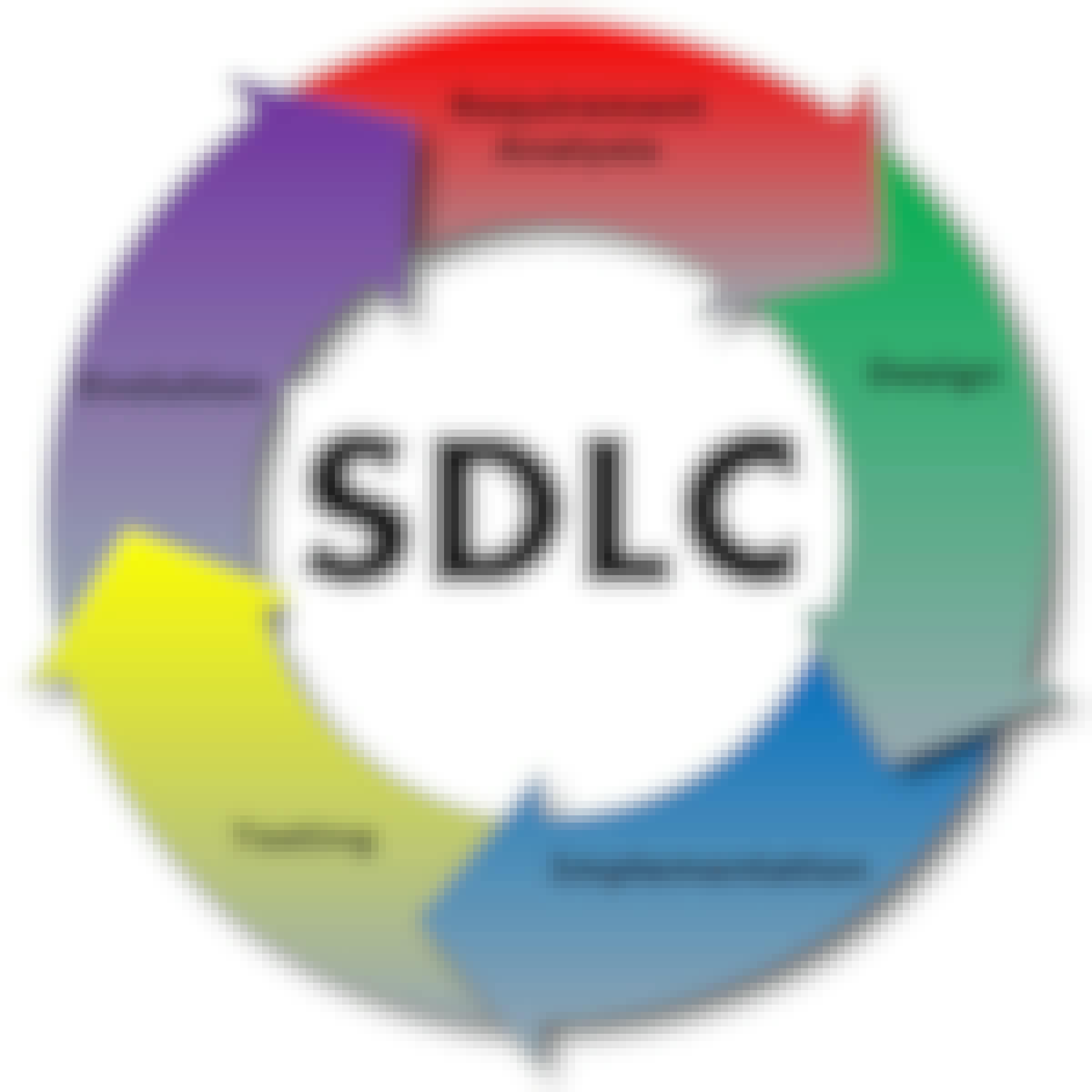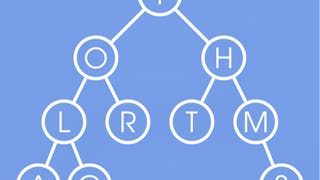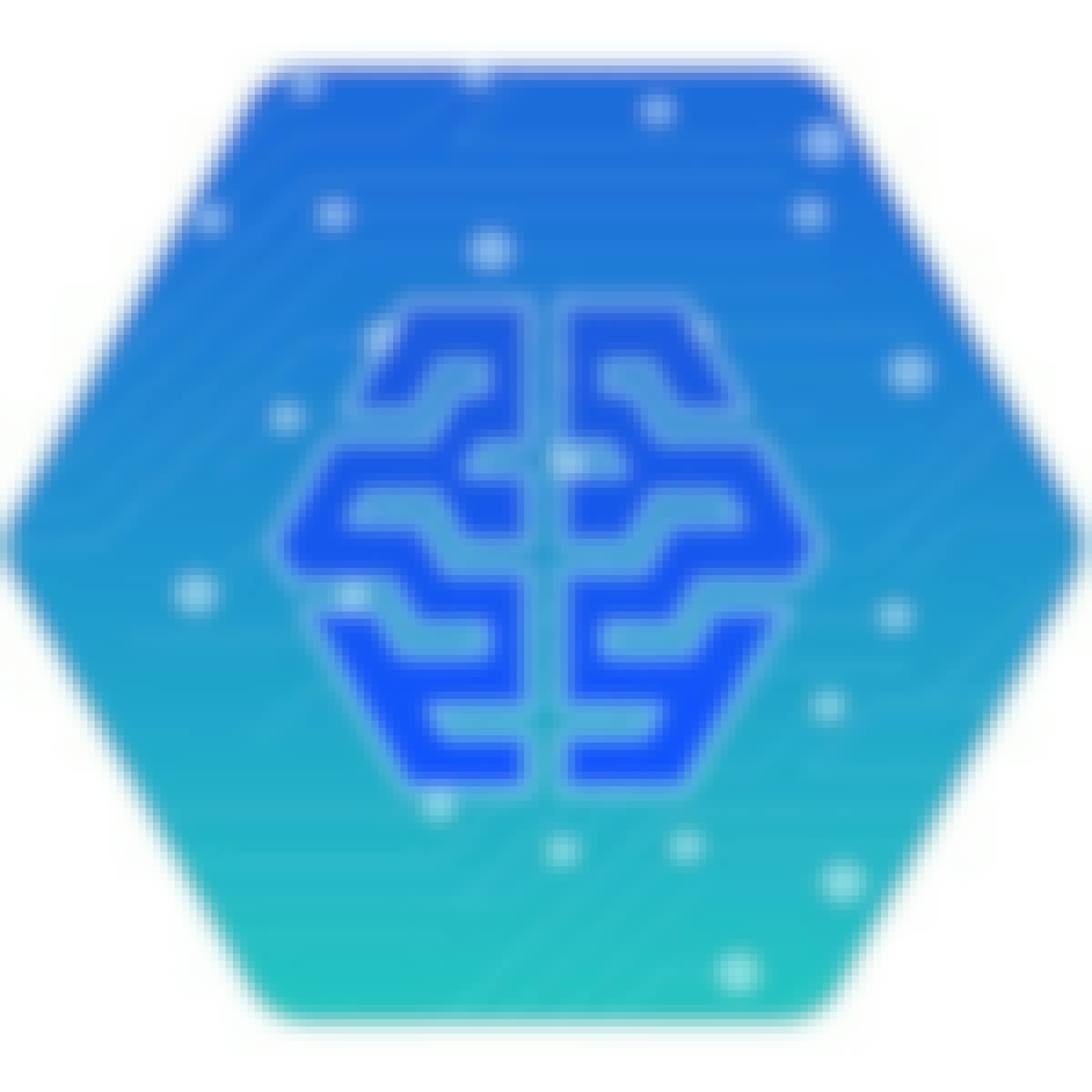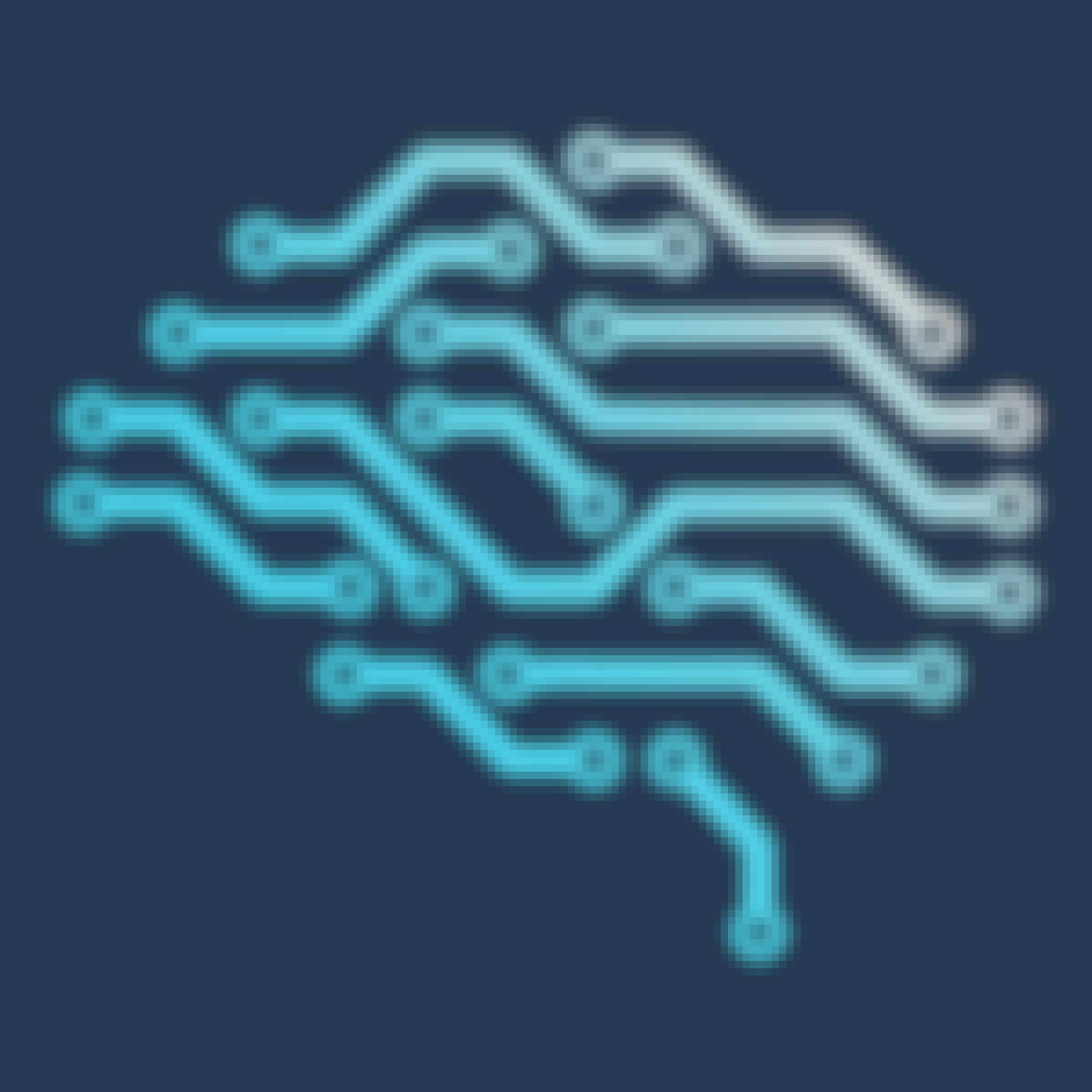Filter by
SubjectRequired
LanguageRequired
The language used throughout the course, in both instruction and assessments.
Learning ProductRequired
LevelRequired
DurationRequired
SkillsRequired
SubtitlesRequired
EducatorRequired
Explore the R Programming Course Catalog
 Status: Free Trial
Status: Free TrialUniversity of Minnesota
Skills you'll gain: Software Development Methodologies, Agile Methodology, Software Engineering, Agile Software Development, Application Deployment, Software Development Life Cycle, Verification And Validation, Systems Development Life Cycle, User Research, Software Development, Scrum (Software Development), Systems Development, Software Architecture, User Requirements Documents, Requirements Analysis, Release Management, Software Testing, Waterfall Methodology
 Status: Free Trial
Status: Free TrialSkills you'll gain: Image Analysis, Anomaly Detection, Computer Vision, Data Processing, Data Manipulation, Data Store, Automation, Data Transformation, Metadata Management, Histogram, Spatial Analysis, Data Import/Export, Data Storage Technologies, Data Storage, Matlab, Color Theory, Unsupervised Learning, Machine Learning, Algorithms
 Status: Preview
Status: PreviewUniversidade de São Paulo
Skills you'll gain: Computer Programming, Object Oriented Programming (OOP), Programming Principles, Performance Testing, Computer Science, Algorithms, Computational Thinking, Data Structures, Performance Tuning, Python Programming, Software Testing
 Status: Free Trial
Status: Free TrialUniversity of Colorado Boulder
Skills you'll gain: System Programming, Agile Methodology, Scrum (Software Development), Linux, Agile Software Development, Embedded Software, Linux Administration, Embedded Systems, Linux Commands, Software Testing, Software Development Methodologies, Docker (Software), Containerization, Shell Script, OS Process Management, Development Testing, Operating Systems, System Testing, Debugging, Peripheral Devices
 Status: Free Trial
Status: Free TrialUniversity of Amsterdam
Skills you'll gain: Statistical Inference, Predictive Modeling, Regression Analysis, Statistics, Data Analysis, Statistical Modeling, Correlation Analysis
 Status: Free Trial
Status: Free TrialUniversity of California San Diego
Skills you'll gain: Algorithms, Bioinformatics, Data Structures, Text Mining, Programming Principles, Theoretical Computer Science, Computational Thinking
 Status: Free Trial
Status: Free TrialSkills you'll gain: Real Time Data, Data Pipelines, Google Cloud Platform, Big Data, Data Processing, Analytics, SQL, Scalability, Performance Tuning
 Status: Free Trial
Status: Free TrialUniversity of California San Diego
Skills you'll gain: Graph Theory, Combinatorics, Algorithms, Theoretical Computer Science, Network Analysis, Data Structures, Mathematical Theory & Analysis, Bioinformatics
 Status: Preview
Status: PreviewNortheastern University
Skills you'll gain: Operations Research, Applied Mathematics, Mathematical Modeling, Process Optimization, Mathematical Software, Linear Algebra, Algorithms, Spreadsheet Software
 Status: Free Trial
Status: Free TrialSkills you'll gain: Data Ethics, Artificial Intelligence, Microsoft Azure, Artificial Intelligence and Machine Learning (AI/ML), Computer Vision, Natural Language Processing, Predictive Modeling
 Status: Free Trial
Status: Free TrialJohns Hopkins University
Skills you'll gain: Mathematical Modeling, Graphing, Data Analysis, Statistical Modeling, Trigonometry, R Programming, Algebra, Regression Analysis, Correlation Analysis, Applied Mathematics, Systems Of Measurement, Geometry, Physics
 Status: Preview
Status: PreviewUniversity of Houston
Skills you'll gain: Storyboarding, Storytelling, Content Creation, Multimedia, Peer Review, Editing, Photo Editing, Music, Scripting
R Programming learners also search
In summary, here are 10 of our most popular r programming courses
- Software Development Processes and Methodologies: University of Minnesota
- Image Processing for Engineering and Science: MathWorks
- Introdução à Ciência da Computação com Python Parte 2: Universidade de São Paulo
- Advanced Embedded Linux Development: University of Colorado Boulder
- Inferential Statistics: University of Amsterdam
- Algorithms on Strings: University of California San Diego
- Building Resilient Streaming Analytics Systems on Google Cloud: Google Cloud
- Introduction to Graph Theory: University of California San Diego
- Industrial Optimization: Models & Linear Programming: Northeastern University
- Artificial Intelligence on Microsoft Azure: Microsoft










